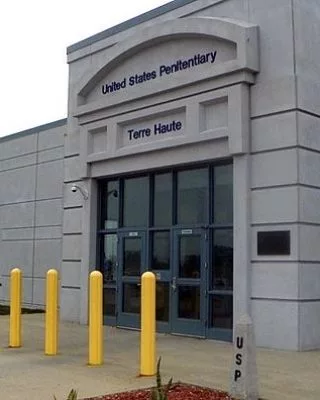A proposed change in Indiana law could add or subtract candidates from next year’s presidential primary ballot.
Getting on Indiana’s ballot requires 45-hundred signatures from registered voters. Salem Senator Erin Houchin says that’s time-consuming for county clerks, who have to verify that every signature belongs to a registered voter. The Senate could vote as early as Thursday on a bill to let campaigns pay a 20-thousand-dollar filing fee instead.
In 2016, nine Republicans and two Democrats appeared on Indiana’s presidential ballot. But Martin O’Malley, Mike Huckabee, Lindsey Graham, Rick Santorum and others couldn’t gather enough signatures. It’s a problem that’s faced even more potent contenders. Santorum had to appeal to the state election board to get on the 2012 ballot after several of his signatures were ruled invalid, dropping him below the threshold. And Democratic Party officials in Saint Joseph County were convicted of ginning up phony signatures in 2008 to make sure Hillary Clinton and Barack Obama didn’t miss the ballot.
The bill could also take candidates off the ballot. In 2016, six Republicans who had long since quit the race, from Jeb Bush to Carly Fiorina, got three-percent of the vote. Indiana Election Division Brad King says his office and county clerks received calls from voters who were confused or angry that those candidates were still on the ballot. Candidates have just three days to withdraw from the ballot, which means New Hampshire’s field-winnowing first-in-the-nation primary usually doesn’t come until after the deadline. The bill would extend the withdrawal period to three weeks.
The proposal is part of a broader election bill which passed a Senate committee on a 5-2 party-line vote.
Houchin says it’s okay if being able to buy a spot on the ballot means a bunch of candidates running for the heck of it. In New Hampshire, which has a thousand-dollar filing fee, there were 58 candidates in 2016, including Robert Mann of New Albany. He tied for last among 30 candidates, with five votes.













